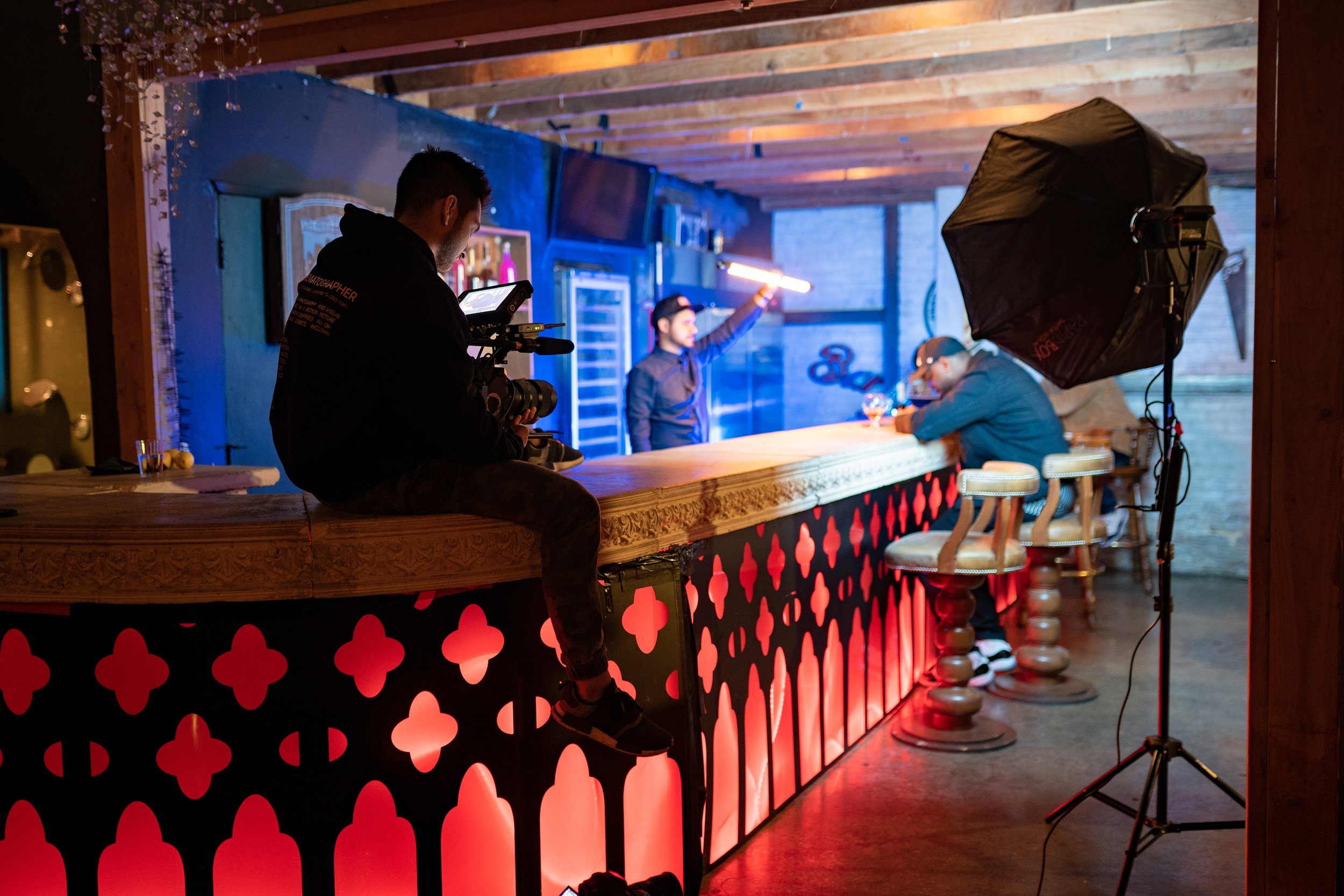
Documentary Filmmaking Course: The Fundamentals
Documentary Fundamentals offers all you need to get started as a non-fiction filmmaker, in a 3-month course you can take at your own pace.
Type: Asynchronous
Tuition: $795
Duration: 12 Weeks
Enrollment: Monthly
Upcoming Sessions: June 1, 2025 - June 30, 2025 (Enroll by May 31)
Key Components at a Glance
Two self-prep exercises
19 video lecture
Final project (short documentary)
Written feedback from an NYU Instructor
Please note: This program does not include any live class time or meetings with NYU faculty.
Flexible Enrollment
A rolling schedule lets you sign up at any time to begin learning on the first day of the following month.
Expert Feedback
Your final project will be reviewed in writing by a NYU faculty member. (Please note: Your project must be completed within the three-month window in which you are enrolled in order to receive feedback.)
Self-Paced Learning
Chart your own course toward a filmmaking career, working through our video lessons and exercises at a speed that suits you.
Receive a digital badge to mark your achievement
Completing the program earns you a digital badge which can be linked to your resume, portfolio, or social media accounts.
Meet the Instructor
-

-
Shivani Khattar
Shivani Khattar is a New-York based independent filmmaker whose work has been featured at festivals including Cannes, Sundance, SXSW and Tribeca.
Read her full bio here.
Detailed Breakdown
Over three months, students will gain an understanding of every element in the documentary filmmaking process.
Module 1 - Introduction
The documentary world has exploded over the last ten years, creating new opportunities and resources for anyone with a story to tell. See some inspiring examples of the genre, and hear thought-provoking takes from luminaries in the field.
Module 2 - Visual Approaches
Learn about the dynamics and benefits of a workshop environment; the importance of, and relationship between, coverage and framing; and different documentary modes, from observational to performative and everything in between.
Module 3 - Story
Writing a documentary script involves many of the same considerations as writing a fictional screenplay, including key considerations around adapting material; interviewing subjects; levels of detail; portraying characters; and more.
Module 4 - Location
Where you shoot can be as important as who and what you shoot, and presents a range of opportunities and challenges, both creative and practical. Crewing is also an essential piece of the filmmaking puzzle that requires its own principles and skill sets.
Module 5 - Editing
Editing a documentary is almost like writing your script for a second time. It is its own discipline with its own set of principles, both practical and creative, which will allow you to articulate your voice and vision.
Module 6 - Research
There are a variety of resources at your disposal to gather information that can add depth, purpose and context to your story. From libraries and archives to internet search engines and primary sources, each one has its own protocols and procedures.
Module 7 - Distribution
There are several legal concerns to consider before you can put your documentary out into the world, from copyright, privacy and defamation to fair use and publicity rights.
Module 8 - Final Film
Your final film will be 2-3 minutes in length and ideally will be a continuation of the first exercise which comes earlier in the program, when you will make an observational study or portrait of a person or a place. This assignment is designed, first, to demonstrate your new understanding of documentary filmmaking processes and theories and, second, to start clarifying your own unique vision and voice.
Ready to get started?
Your filmmaking journey starts here.
Tuition: $795
Duration: 3 months
Next course: April 1, 2025 - June 30, 2025 (Enroll by March 31)
The course is entirely self-paced but their final project must be completed within the three-month window in order to receive NYU instructor feedback.
Learn more about the enrollment process.
